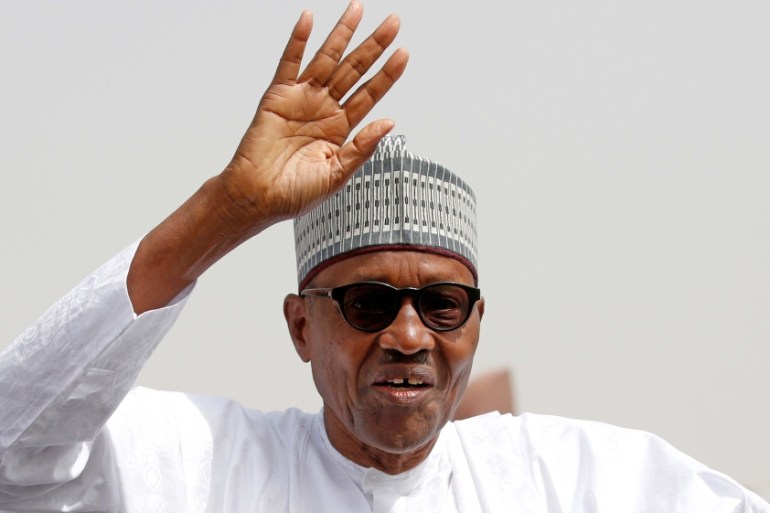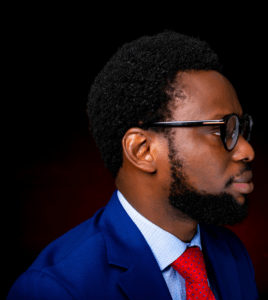Will the incumbent manage to fulfil his election campaign promises?

When President Muhammadu Buhari is sworn in on Wednesday for a second consecutive democratic term in office, it will be a low-key affair: no pomp or pageantry, no retinue of world leaders.
This is because last year the incumbent made the smart decision to move “Democracy Day” from May 29 (when traditionally inaugurations are held) to June 12 in honour of MKO Abiola, the acclaimed winner of the June 12, 1993 presidential election, who was denied his mandate by military dictator Ibrahim Babangida and eventually died in detention.
The quiet inauguration, however, is also a foretelling of what to expect of Buhari’s next four years: they will be economically drab, ideologically uneventful and nothing distinct from the past four. A low-key inauguration will prepare the ground for a lower-key exit in 2023. Buhari himself implicitly admitted as much recently.
But what of the election campaign promises he made? Will he stamp out corruption, fix the economy and provide security for his people?
CORRUPTION
Buhari earned a sizeable fraction of his early-office goodwill from hunting corrupt former public office-holders, most notably former National Security Adviser Sambo Dasuki, accused of presiding over the embezzlement of $2bn allocated for arms deals.
It makes sense that this ought to continue in his second term but, having largely limited the anti-corruption war to opposition politicians, Buhari has already arrested or intimidated every notable name on his list. There are only few opposition politicians left to go after and the president is unlikely to change his mind about prosecuting corrupt elements in his own camp. And those are plenty.
Only on Sunday, First Lady Aisha Buhari impugned the $16m expended on mosquito nets under the Social Investment Programme (SIP) coordinated by presidential aide Maryam Uwais. The nets are nowhere to be found, she lamented, insisting that the promised distribution of $14 to Nigeria’s poorest hadn’t reached the North despite the allocation of $1.4bn for the purpose.
The matter, though, doesn’t interest Buhari since his aide is the alleged villain. Within the next four years, expect many more instances of the president turning a blind eye to corruption and inefficiency among his appointees.
ECONOMY
Nigeria slipped into recession a year into Buhari’s reign and exited it after another year. Just one more year later and the central bank warned the exit was under threat, followed by a similar warning just last month by the Chairman of the Nigerian Governors’ Forum, Abdulaziz Yari.
The problem is that despite Buhari’s promises to diversify the economy, the Nigerian economy is still completely oil-dependent. The concerns about a potential return to recession stem from the recent fall in global oil prices. Meanwhile, the provision of electricity – the single biggest impediment to the survival of small-scale businesses – hasn’t improved in Buhari’s first four years.
By 2023, would Buhari have weaned Nigeria off its over-reliance on oil? Probably not. This is because the president neither has the right answers, nor the right people to do so. The latter is well-illustrated by the calibre of people running the central bank. Two weeks ago, the leadership of the bank was exposed in a leaked audio in which they are allegedly discussing how to cook the books to cover up the mismanagement of $1.4bn from the treasury.
Having been rewarded with a second term in office days after the scandal was reported, Godwin Emefiele, the bank’s chief, is likely to continue this administration’s reign of economic indiscipline and artificial balance sheets.
SECURITY
Some credit must be given where credit is due. Today, Boko Haram insurgents are clearly less effective than four years ago, although they are not “technically defeated” as Buhari and army chief Tukur Buratai often claim. The bomb attacks and large-scale kidnappings – once the signature of the insurgents – have decreased in scale and frequency. However, so long as the deadly attacks, such as the one last week which killed 25 soldiers, continue, Buhari still has much work to do.
In his second term, there will be slightly more progress, the extent of which will be determined by the synergy he is able to forge with the incoming legislature. His fractious relationship with the outgoing set frustrated many of his moves, including a plan to secure $1bn from the Excess Crude Account (ECA) to bolster the anti-terrorism war.
But while making progress on counterinsurgency, Buhari has failed on another front. Cases of banditry and kidnapping for ransom across the country, including the federal capital Abuja, are on the rise as well as the deadly attacks by herdsmen.
The slight progress to be recorded in the war against insurgency will be evened out by a worsening of these latest security challenges because Buhari will not change his approach. For months last year, he ignored intense calls to sack Ibrahim Idris, the head of police, after he flouted presidential orders during the peak of herdsmen killings. Then he bizarrely defended his successor Abubakar Adamu, claiming he must be working hard because was “losing weight”, a comment that earned him public opprobrium.
Buhari is not about to ditch his blind loyalty to his appointees; he will never shake up the security architecture regardless of the performance of his security chiefs. And as long as they are under no pressure to curtail insecurity to keep their jobs, Nigeria’s security challenges will not lessen over the next four years.
The worst news is: after four years, Buhari is still “thinking”.
Asked during a strange interview with state media NTA on Monday night about his thoughts on solving the new threat of kidnapping for ransom, Buhari said: “I am thinking of what happened between 1999 and 2014. I suspect a lot of things went wrong, including accountability in the efficiency of the military and law enforcement agencies.”
Overall, that is the kind of Nigeria to expect during Buhari’s next term – a country where a returning president begins his second term still “thinking” after four long years in the saddle. It is not too difficult to foresee that the economic, security and corruption challenges will, sadly, still be there in 2023. Hopefully, they won’t be too grand for the next president to tackle.

